The coronation of Oba Rashidi Ladoja as the 44th Olubadan of Ibadanland on Friday was more than a cultural spectacle—it was a rare opportunity for Nigerians, especially the younger generation, to learn vital lessons in history, tradition, and leadership.
President Bola Tinubu, who attended the event, described the new monarch as “a rare gem in history,” praising his resilience through political and personal trials.
Tinubu recalled Ladoja’s struggles as a senator and later as governor of Oyo State, noting that his perseverance serves as a model of leadership for today’s youth.
Beyond the speeches, the ceremony itself offered a masterclass in indigenous governance systems.
The Olubadan stool is renowned for its transparent succession model, where chiefs progress step by step through clearly defined ranks until they ascend the throne.
Unlike other monarchies where kingship may be hereditary or uncertain, Ibadan’s system is almost like an academic ladder—each stage prepares a chief for greater responsibility, teaching patience, discipline, and civic duty.
Governor Seyi Makinde, who handed Ladoja the staff of office, underscored the importance of continuity in leadership.
The rituals that preceded the coronation—from receiving the Akoko leaf at Labosinde Compound to being crowned at Ose Meji Temple—demonstrated how traditional knowledge and cultural practices remain relevant in modern society.
The event also provided a live history lesson. For many students who witnessed it, the coronation transformed abstract concepts from textbooks into lived experience.
Seeing governors, traditional rulers, and even the Sultan of Sokoto in attendance reinforced how culture and politics intersect to shape national identity.
For educators, this coronation can be a valuable teaching resource. It invites discussions on Yoruba history, civic education, cultural literacy, and the enduring role of traditional institutions in modern governance.
It also challenges young Africans to see leadership not just as political power but as service built on patience, perseverance, and integrity.
As President Tinubu noted, the day was “an honour to witness history.”
For students and young citizens, it was also a reminder that history is not just studied in classrooms—it unfolds in ceremonies like this, offering lessons that last a lifetime.





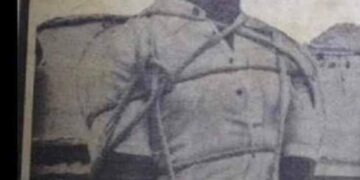
























































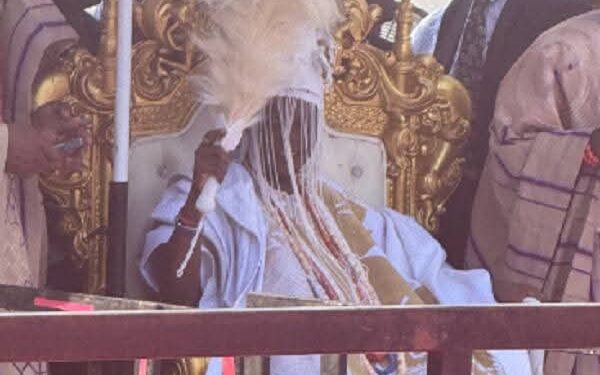





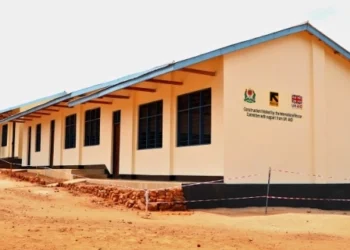

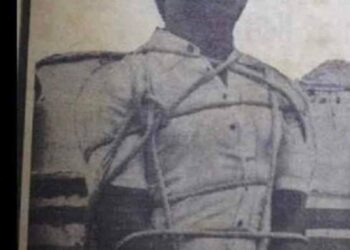
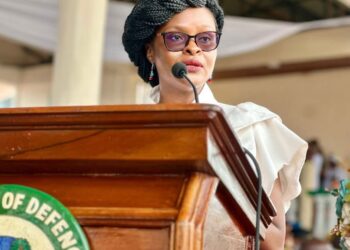










 EduTimes Africa, a product of Education Times Africa, is a magazine publication that aims to lend its support to close the yawning gap in Africa's educational development.
EduTimes Africa, a product of Education Times Africa, is a magazine publication that aims to lend its support to close the yawning gap in Africa's educational development.